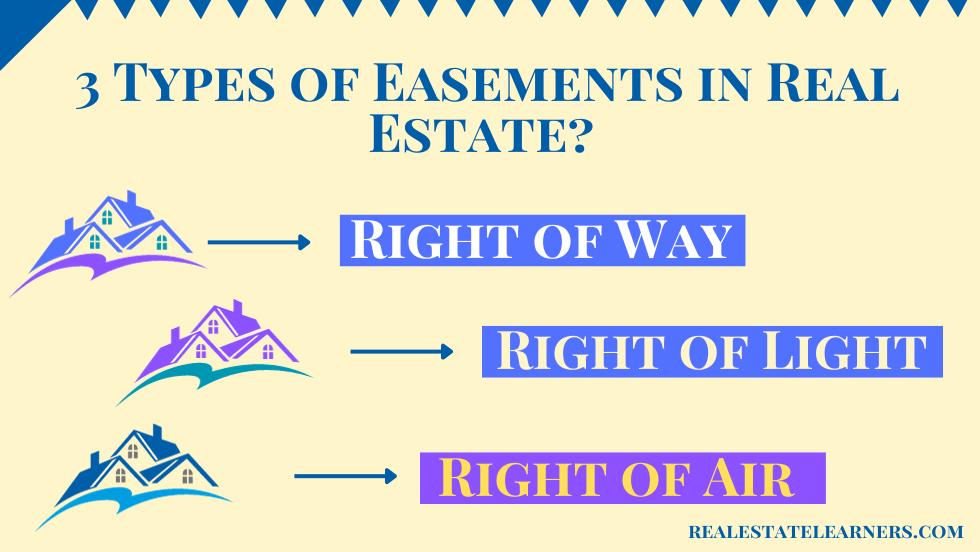An easement is a legal concept that refers to the right of one party to use another party’s property for a specific purpose. This type of arrangement often arises in real estate, where access to certain areas or resources may be required. This document will explore the basics of easements in real estate and their various types, importance, creation, and termination.
What is an easement in real estate?
An easement is a legal right that allows one party to use another party’s property for a specific purpose. In real estate, an easement can be created when one property owner needs access to particular resources or areas on another property. This could include driveway access, utility lines, or water rights.
Easements are often necessary for landlocked properties or when a property owner wants to develop their land but requires access through a neighboring property. Easements can be made by agreement between the parties involved or may be granted by a court if necessary. Overall, easements are essential in ensuring efficient use and development of real estate properties.
What are the 3 types of easements?
There are 3 main types of easements in real estate: appurtenant, gross, and prescriptive.
- Appurtenant Easements: This type of easement is connected to a specific property and benefits the owner of that property. For example, if you have an easement to use your neighbor’s land for a driveway, this would be considered an appurtenant easement.
- Easements in Gross: This easement is not attached to a specific property but to an individual or entity. For example, a utility company may have an easement in gross to install and maintain power lines on someone’s property.
- Prescriptive Easements: A prescriptive easement is created when someone openly, continuously, and without permission uses another person’s land for a specific period. This easement type is often called “adverse possession” and can be acquired through legal action.
Why are easements necessary in real estate?
Easements play an essential role in real estate by allowing for shared access or use of properties. They can also increase the value of a property, as having an easement for utilities or access can make a property more desirable. Easements can also help resolve conflicts between neighboring property owners by establishing clear boundaries and rights.
It is essential to thoroughly understand any easements associated with a property before purchasing it, as they can impact how the property can be used and may come with specific responsibilities, such as maintenance or payment for the easement.
How are easements created and terminated?
Easements can be made through a written agreement between two parties, known as an “easement deed.” This document outlines the specific rights and responsibilities associated with the easement. Easements can also be created through implied agreements, such as long-standing use of a shared driveway without any objections.
Easements can be terminated through mutual agreement between the parties involved or by fulfilling the purpose for which the easement was created. For example, if a utility company no longer needs access to someone’s property, the easement may be terminated. In some cases, an easement may also expire after a certain period, as outlined in the easement deed.
FAQs
Who can acquire an easement?
Anyone can acquire an easement through a written agreement or by meeting the requirements for a prescriptive easement.
Do easements expire?
Easements may expire if they are no longer needed or if the purpose for which they were created has been fulfilled. It is essential to carefully review any expiration clauses in an easement deed before it is created.
Can easements be terminated?
Yes, easements can be terminated through mutual agreement or by fulfilling the purpose for which they were created. In some cases, an easement may also expire after a certain period.
How do I know if my property has an easement?
You can usually find easement information on a property’s deed or title report. It is also essential to carefully review any property surveys or land records before purchasing a property to identify any existing easements.
Conclusion
In conclusion, easements in real estate are a crucial aspect of property ownership and can impact the use and value of a property. It is essential for both parties involved to fully understand the terms of an easement before agreeing. Easements can be beneficial for shared access and use of properties, but it is also essential to consider any potential limitations or responsibilities that may come with them. So, seeking professional guidance before entering into any easement agreement in real estate is always advisable.

Corey has over 15 years of experience as a real estate broker and educator. He is dedicated to providing valuable insights and guidance for those looking to enter the real estate industry.

